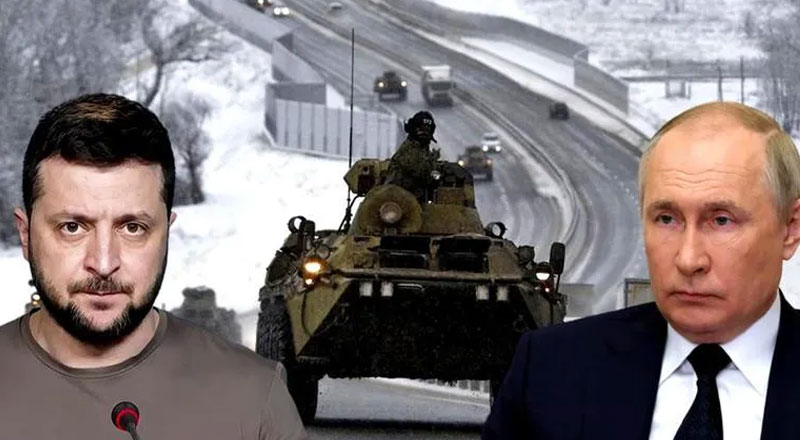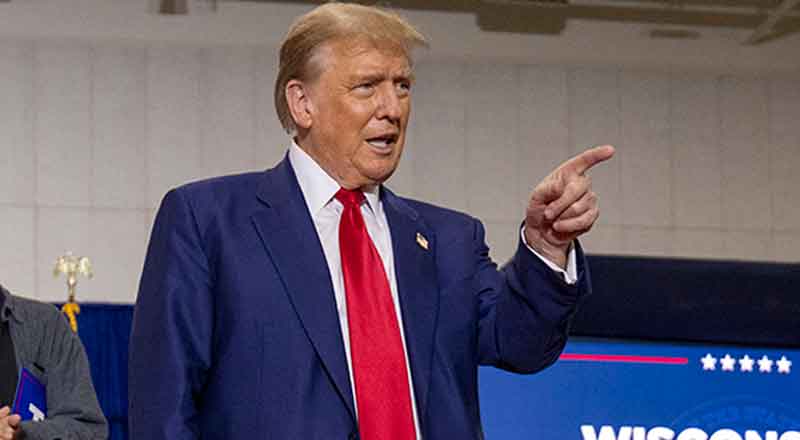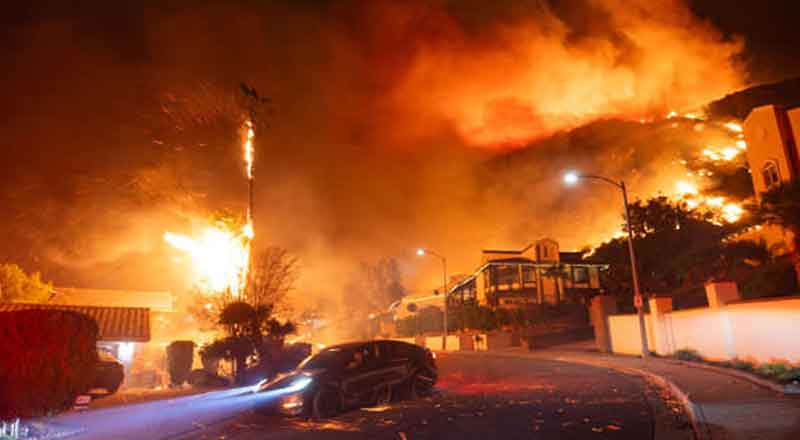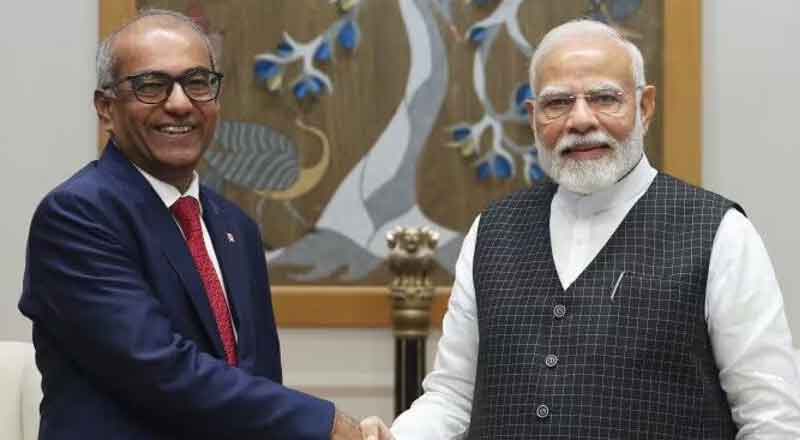Death, displacement and destruction have become cold statistics and stock visuals for millions not directly impacted by the Russia-Ukraine war. But Putin and Zelenskyy have not stopped fighting. Is it a conflict without an end?
When was the last time you genuinely meant to read a piece on the Russia-Ukraine war? The answer will vary depending on where you come from.
When Vladimir Putin invaded his neighbour on February 24, watchers of geopolitics were not really shocked. But the world became anxious. The anxieties were not merely limited to disruptions in crude oil supplies and the subsequent rise in prices of essentials. The hostilities could escalate into a larger catastrophe. They still can.
Back then, many were searching on the internet versions of: when will the war end? Slowly, for millions not directly impacted by the war, fatigue set in and the focus shifted to more immediate issues of concern. The death, displacement and destruction became cold statistics and stock visuals.
War coverage moved out of the front pages and prime-time TV shows. But the forces of Putin and Volodymyr Zelenskyy have not stopped the fighting that’s into its fifth month. For both countries, it’s a lived reality.
War does not honour calendars. England’s Scilly conflict dragged on for a staggering 335 years. More recently, the Iran-Iraq war lasted for almost eight years.
Theoretically, war ends when the problems that led to the war are resolved on the battlefield. War ends when one side wins and the other loses.
War also ends when its objectives are achieved or when it becomes clear that they cannot be achieved. We saw what happened in Afghanistan, Syria, Libya and many more countries. Little surprise that one of the most searched questions in this context now is: why is the Russia-Ukraine war not ending?
Before we answer this in detail, two quick questions need tackling: Why did Putin invade Ukraine? And what has happened, and not happened, in the biggest conflict in Europe since World War Two?
WHY THE INVASION?
The easy answer will be: Putin invaded Ukraine because he thought he could. He knew Nato (North Atlantic Treaty Organization) would supply weapons but not get involved in direct combat because Ukraine was not part of the US-dominated military alliance. The world would never want a full-blown nuclear conflict. But let’s look at what he said he was fighting for.
Putin said he wanted to demilitarise Ukraine and “stop genocides” of Russian-speaking people by “neo-Nazi forces” of President Volodymyr Zelenskyy’s regime backed by Nato.
Putin said he wanted Ukraine, ruled by Russia for over two centuries, to show neutrality with regard to his strategic tussle with Nato in eastern Europe, and stop embracing the West.
Putin said he wanted Ukraine to acknowledge Crimea (which he annexed in 2014) as Russian territory, and recognise the Donbas comprising the eastern regions of Donetsk and Luhansk (where rebels backed by him already held significant territory) as independent states.
ACTION SO FAR
NORTH: Ukrainian capital Kyiv has not fallen despite heavy fighting and due to a stiff pushback. Russia abandoned its push in April and moved eastward. Zelenskyy is largely a free man, delivering speeches, giving interviews and fighting the Russians with massive military aid from the West.
NORTHEAST: Kharkiv in the northeast continues to show resistance. In May, Ukrainian forces pushed Putin’s troops towards the Russian border.
WEST: In March, Russia tried to take control of Odesa, the biggest port, and cut off Ukraine’s access to the Black Sea but failed. Russia held on to Snake Island but had to withdraw in June. Lviv and some other areas were bombed but remain free.
SOUTH: In May, Mariupol in the south also fell after a two-month siege, allowing Russian troops in Crimea to join those in the Donbas bordering Russia. Kherson in south Ukraine was the first to fall. It happened within a week of the invasion.
SOUTHEAST: Over the weekend, Russia, backed by China and despite punishing sanctions from the West, completed its capture of Luhansk, which it has always used for accessing the Black Sea. What it effectively means is, Russia has captured one-fifth of Ukraine’s territory. The battle for Donetsk has begun.
The West fears Putin won’t stop even at the complete capture of the Donbas. This leads to the big question:
WAR WITHOUT AN END?
The world is desperate for a ceasefire. After oil, there are new concerns. Russia is the largest exporter of wheat in the world, and Ukraine holds the fifth spot. The supplies are already disrupted. So, is a ceasefire coming? Nato chief Jens Stoltenberg has said, “We just have to be prepared for the long haul.” Putin has said there was “no use in setting an end date.”
ctually, what is happening in Ukraine has become a proxy war between the US and Russia. The western support to Zelenskyy has so far prevented a Russian victory, but only by prolonging the war. By retaking Kyiv with the West’s help, Ukraine believes anything is possible with more and more arms shipments.
Zelenskyy does not want to negotiate now because it will mean surrendering territory and living forever with Putin-dictated peace. But the world must not forget that it will have to deal with Putin at some stage. Unless, of course, there is a palace coup.
On the other hand, Russia has boxed itself into a corner. Despite heavy losses to its forces and painstakingly slow progress, it cannot settle for anything that can be seen as a defeat. Putin is mindful of anti-war protests back home. So, the war grinds on. For the record, Russia has blamed western help for prolonging the war and deterring Ukraine from peace talks.
If Putin’s forces complete the Donbas capture, will anything change? Putin will not end the Ukraine war with the Donbas campaign, US director of national intelligence Avril Haines has said.
When Putin invaded Ukraine, he perhaps thought there would be a quick surrender. Since that’s not happened, he is possibly trying to turn an active conflict into a frozen one. Because there are no better solutions. We saw what he did in Syria.
The West thinks even a ceasefire will help him consolidate territorial wins, regroup and launch more attacks. So, the best tactic will be to keep weakening Russia by letting Ukraine stay in the warzone. So much so that Putin is no longer a threat.
The war fatigue is coming, Estonian Prime Minister Kaja Kallas has said. Is the world already bracing for a return of the Cold War?





